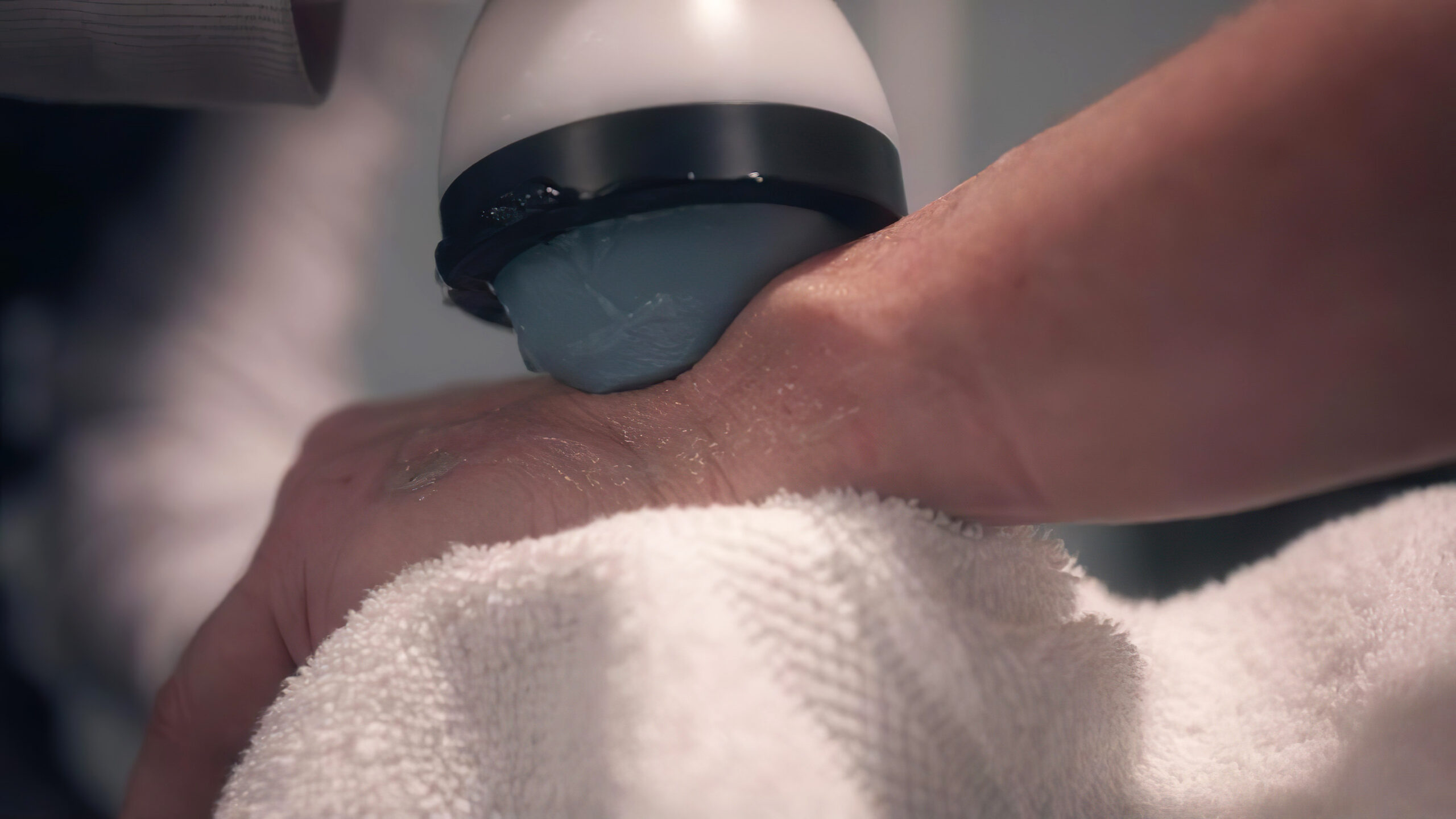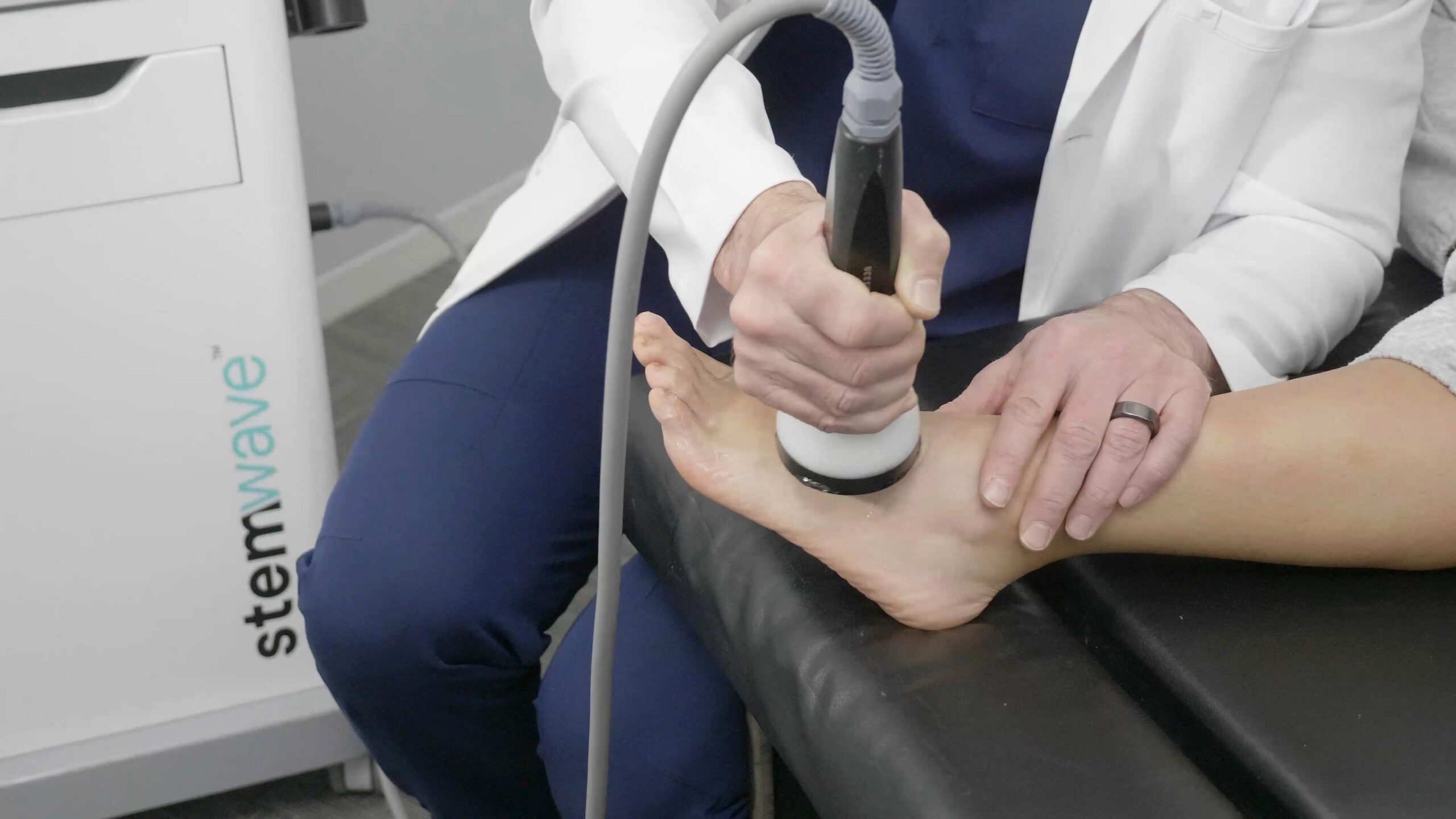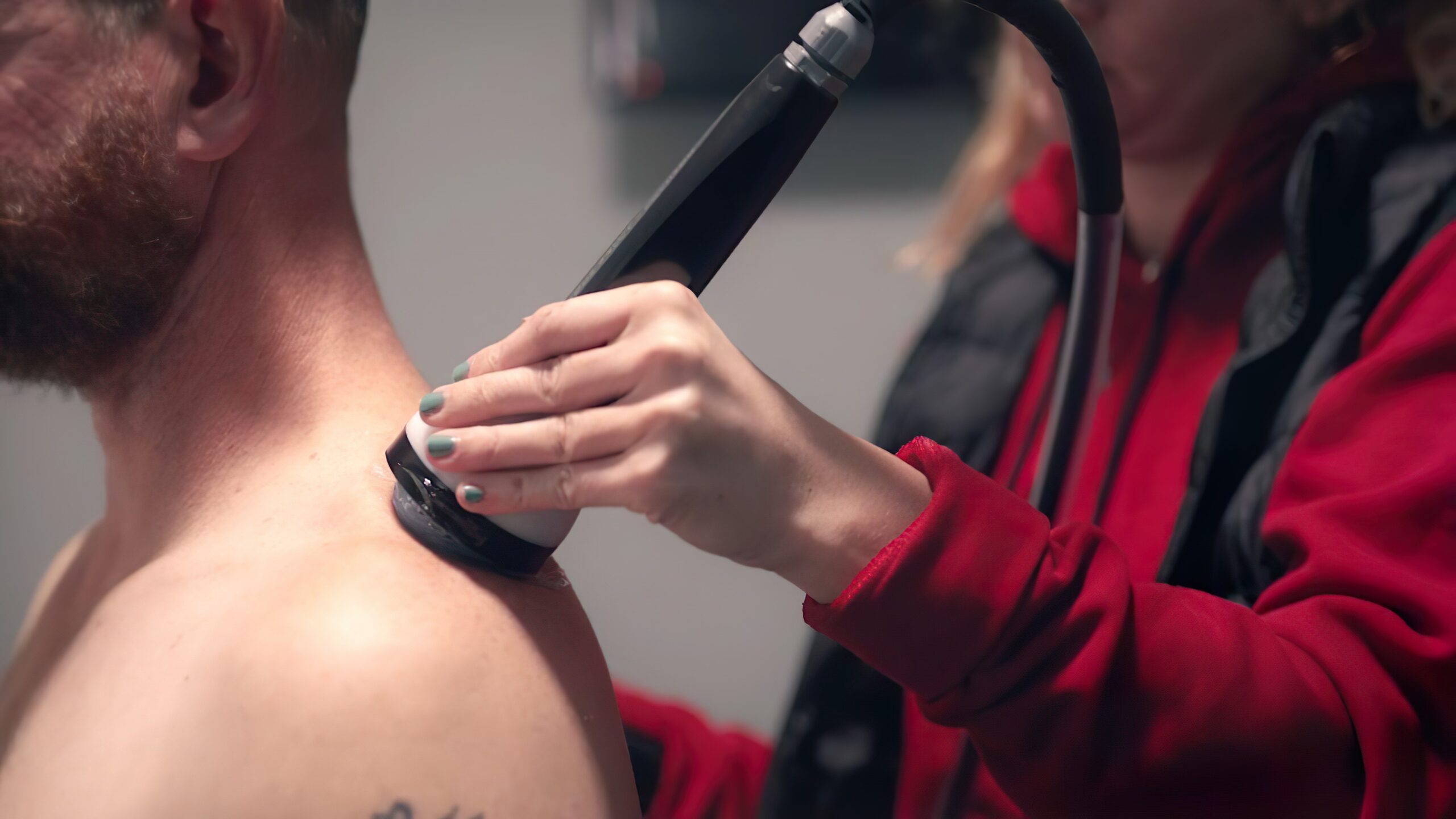Introduction
For individuals living with diabetes, protecting your feet is one of the most important steps you can take for your long-term health. The good news is that most people with diabetes qualify for diabetic shoes, and in many cases, insurance or Medicare will cover them.
At Ozark Medical Equipment, we help you understand your eligibility, handle the paperwork, and ensure you are fitted with shoes that feel good, look good, and keep your feet healthy.
What Are Diabetic Shoes?
Diabetic shoes, sometimes called therapeutic shoes, are specially designed to reduce pressure, friction, and injury. They help prevent complications such as ulcers, calluses, or infections that can result from poor circulation or neuropathy (nerve damage).
They are different from standard shoes because they are made with:
- Extra depth and wide toe boxes to prevent rubbing
- Seamless, padded interiors to protect sensitive skin
- Supportive soles that improve balance and relieve pressure points
- Custom inserts or molds for comfort and protection
Why it matters: Foot problems are one of the leading causes of hospitalization in people with diabetes. The right shoes can help you stay mobile, independent, and pain-free.
Who Qualifies for Diabetic Shoes?
Most people with diabetes and a related foot condition qualify for one pair of diabetic shoes and up to three pairs of inserts each year under Medicare Part B or most private insurance plans.
You may qualify if you meet these requirements:
| Eligibility Requirement | Details |
|---|---|
| You have diabetes | Type 1 or Type 2, managed under a physician’s care |
| You have at least one of these foot conditions |
- Neuropathy with evidence of callus formation - History of foot ulcer or amputation - Foot deformity (bunions, hammertoes, Charcot foot) - Poor circulation in either foot |
| Your doctor certifies medical necessity | Your diabetes-treating physician must sign a Statement of Certifying Physician confirming you meet eligibility requirements |
| Shoes are fitted by an approved supplier | Medicare and insurance require fittings by a certified professional such as Ozark Medical Equipment |
Note: Having diabetes alone is not always enough for coverage. You must also have one of the qualifying foot conditions listed above.
What Does Insurance Cover?
If you qualify, Medicare Part B typically covers the following each calendar year:
| Coverage Type | What's Included |
|---|---|
| Shoes | One pair of extra-depth or custom-molded diabetic shoes |
| Inserts | Up to three pairs of inserts per year (two if custom-molded shoes are provided) |
| Modifications | Adjustments such as wedges, lifts, or heel fillers may be covered instead of inserts |
After you have met your Part B deductible, you usually pay only 20 percent of the Medicare-approved amount, while Medicare covers the remaining balance.
Most private insurance and Medicare Advantage plans follow the same coverage guidelines.
Tip: To ensure full coverage, make sure your shoes come from a Medicare-approved supplier. Ozark Medical Equipment meets all certification requirements.
Why Choose Ozark Medical Equipment?
Navigating insurance and paperwork can be confusing. Ozark Medical Equipment takes care of every detail so you can focus on staying active and well.
Why Choose Ozark Medical Equipment?
- Local care from certified professionals who understand diabetic foot health
- Full-service support from insurance verification to custom fitting
- Ongoing follow-up to ensure your shoes continue to fit and perform properly
- Part of the Ozark Total Healthcare network, connecting you with home health, physical therapy, and wellness services for total-body care
At Ozark, your health and comfort come first. One call connects you to a caring team ready to help you every step of the way.
Why Getting Fitted Matters
- Reduces the risk of ulcers and infection
- Improves balance and walking comfort
- Supports circulation and mobility
- Saves you money through insurance coverage
- Helps you stay independent and active
Check Your Eligibility Today
If you have diabetes and experience any foot changes or discomfort, you may qualify for Medicare-covered diabetic shoes at little or no cost.
Call Ozark Medical Equipment today to verify your insurance coverage and schedule a free fitting consultation. Phone: 573-686-5510



